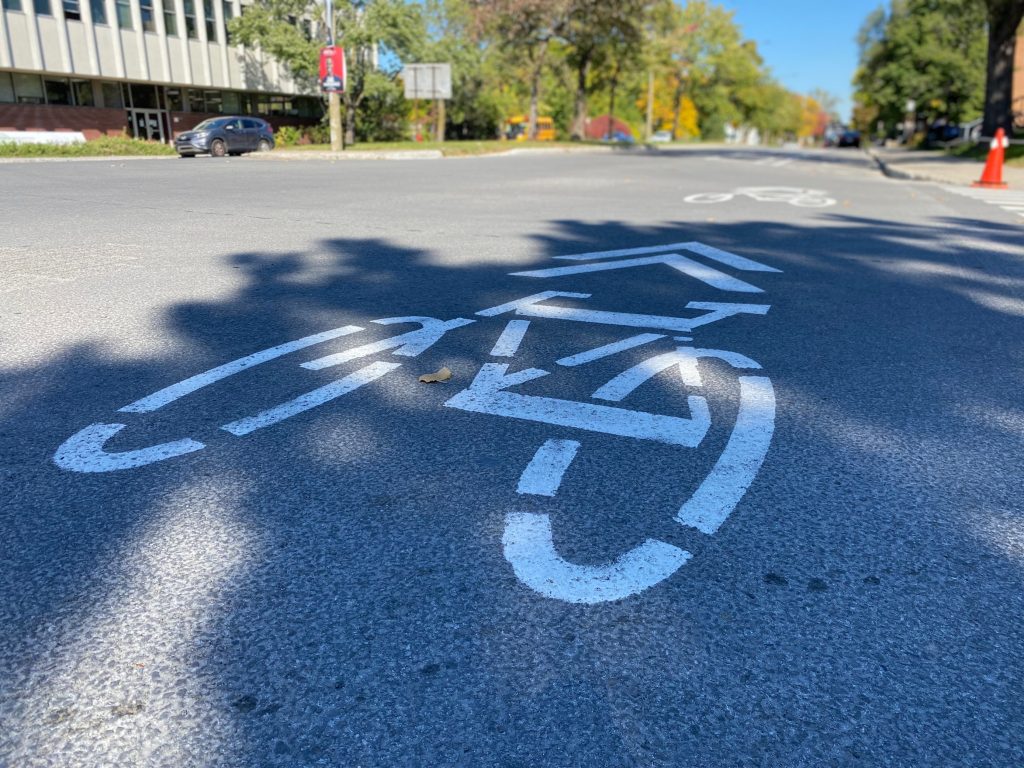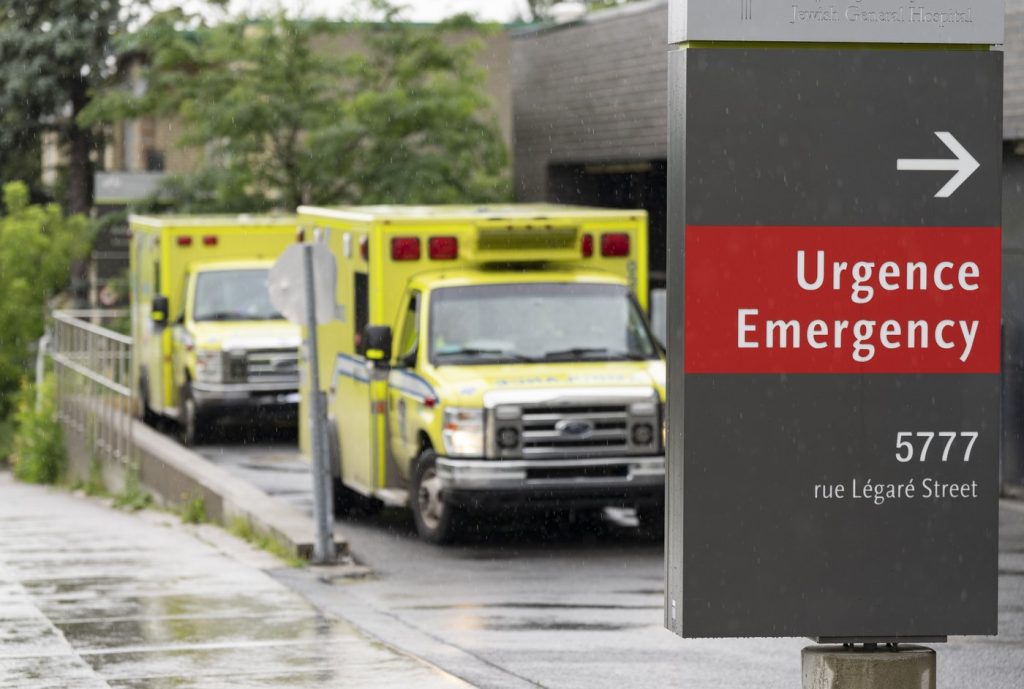Hydro-Québec power grid reached expiry date in Montreal: report

Posted May 29, 2024 10:16 am.
Last Updated May 29, 2024 12:59 pm.
The power grid in Montreal is officially “worrying,” according to a Hydro-Québec report – obtained by Radio-Canada.
In it, the utility says that at least 70 per cent of its equipment in Montreal needs to be updated and more than 20 per cent is between 61 to 70 years old.
In other regions, this rate is less than five per cent.
Hydro-Québec also adds in the report that most of their equipment is “obsolete” and that its “increasingly difficult to work” on an “overloaded network.”
The annual service time per customer reached 1,459 minutes in Montreal, up 998 per cent compared to 2022.
However, Hydro noted that the April ice storm in 2023 may have attributed to the large numbers.
In addition, 11 of the 32 distribution stations were over capacity last September.
Hydro has invested more than $1 billion over the past 10 years to strengthen the network in Montreal – and plans to invest an additional $3 billion by 2025.
The report shows that Hydro-Québec has not ruled out the potential of a major power failure in Montreal.
Industrial electricity demands
Quebec Energy Minister Pierre Fitzgibbon said that Hydro poorly planned the industrial demand.
During question period on Tuesday, the official opposition argued that as many as 35 per cent of businesses do not have access to enough energy to meet their current needs and are therefore forced to curb their investments and expansion.
In response, the minister began by arguing that it’s “good news” that “30 per cent of companies want electricity,” because these are “major projects” for Quebec.
Fitzgibbon blamed Hydro’s management for this energy deficit. Demand far exceeds supply, he agreed.
“We are in a difficult situation,” said Fitzgibbon. “Indeed, demand was poorly planned at the industrial level by Hydro-Quebec.”
He added that Hydro’s “ambitious” plan tabled in November aims to correct the energy deficit.
“We’re working closely with Hydro-Quebec to allocate the megawatts gradually, and Quebec’s SMEs will be taken into account,” he assured.
Hydro estimates that an additional 150 and 200 additional TWh will be needed to meet Quebec’s electricity demand by 2050, twice as much electricity as is currently produced.
By 2035, an estimated 60 TWh will be needed, which translates into between 8,000 and 9,000 MW of power.
Hydro estimates that “75 per cent will be used to decarbonize Quebec’s current energy consumption, while 25 per cent will fuel economic growth, particularly in the industrial sectors necessary for the energy transition.”
-with files from La Presse Canadienne



